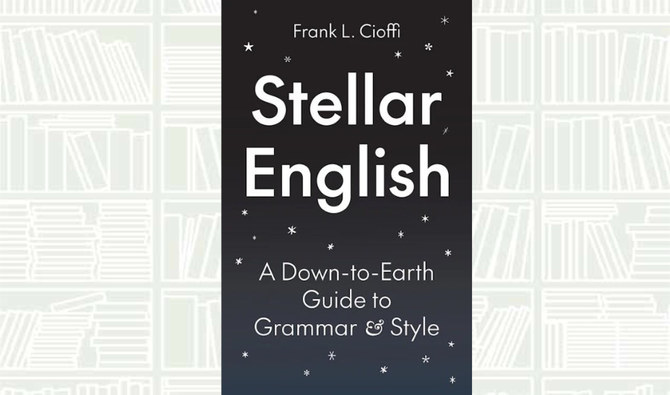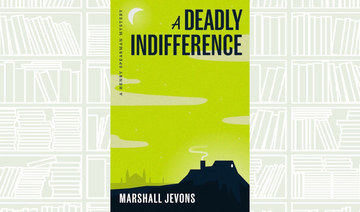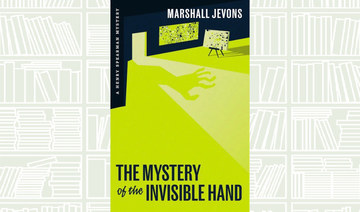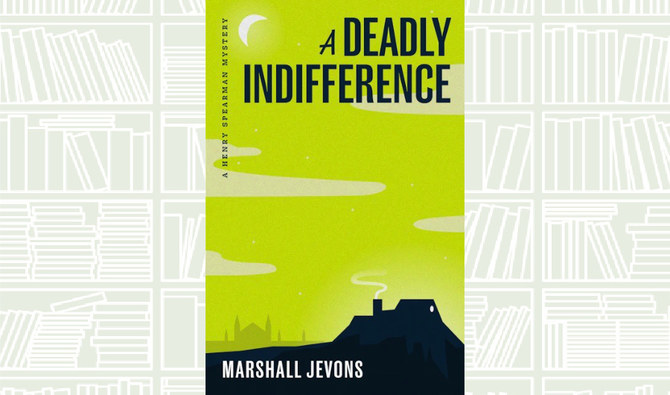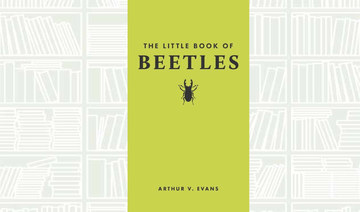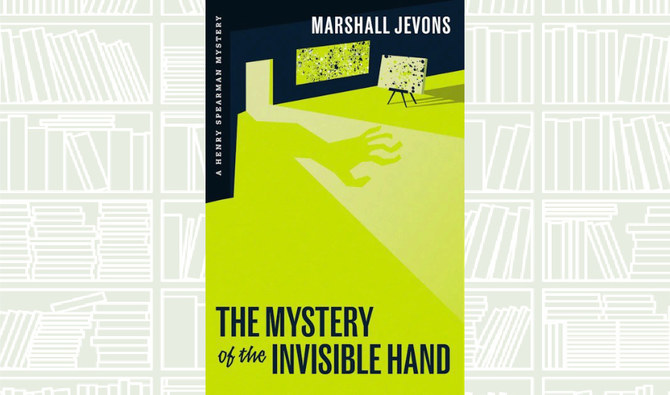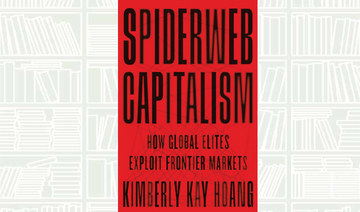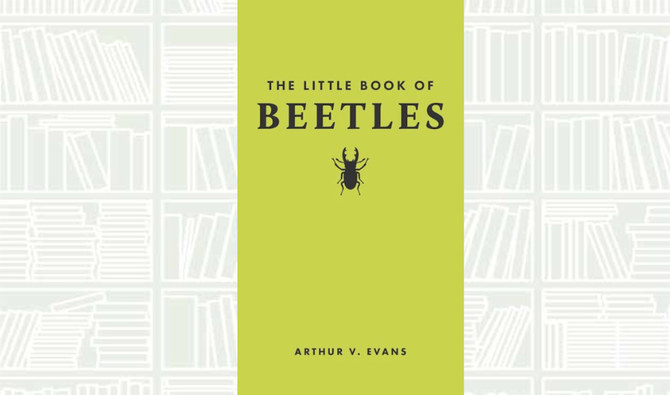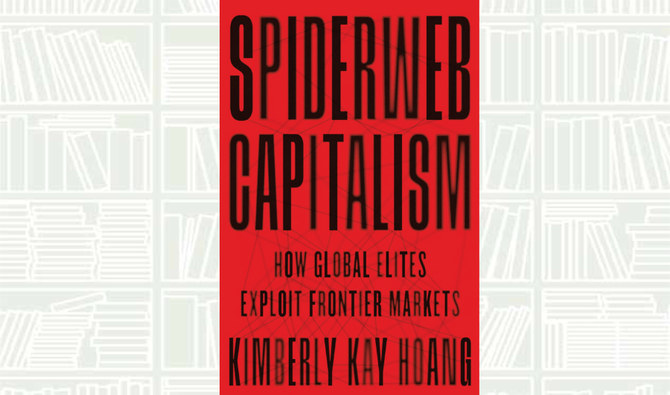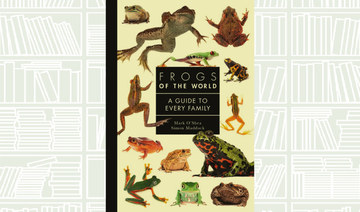Author: Marshall Sahlins
From the perspective of Western modernity, humanity inhabits a disenchanted cosmos.
The vast majority of cultures throughout human history treat spirits as very real persons, members of a cosmic society who interact with humans and control their fate.
In most cultures, even today, people are but a small part of an enchanted universe misconstrued by the transcendent categories of “religion” and the “supernatural.”
“The New Science of the Enchanted Universe” shows how anthropologists and other social scientists must rethink these cultures of immanence and study them by their own lights.
Marshall Sahlins takes readers around the world. In the process, Sahlins sheds new light on classical and contemporary ethnographies that describe these cultures of immanence and reveals how even the apparently mundane, all-too-human spheres of “economics” and “politics” emerge as people negotiate with, and ultimately usurp, the powers.






